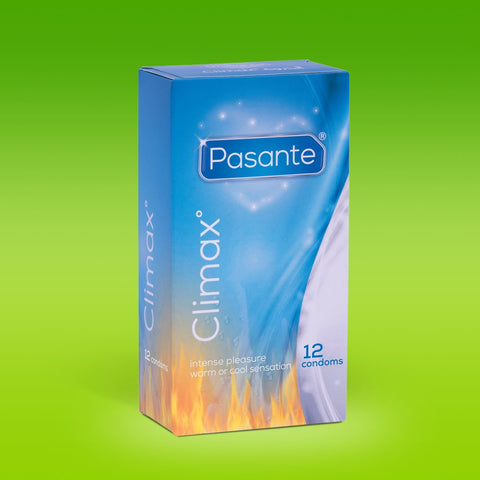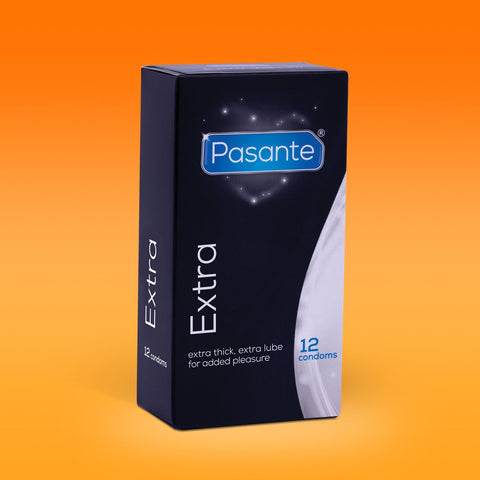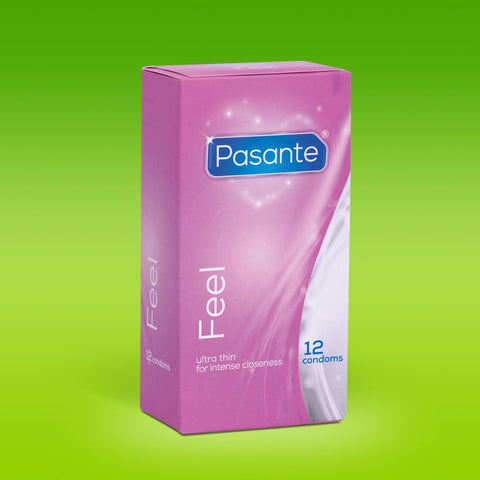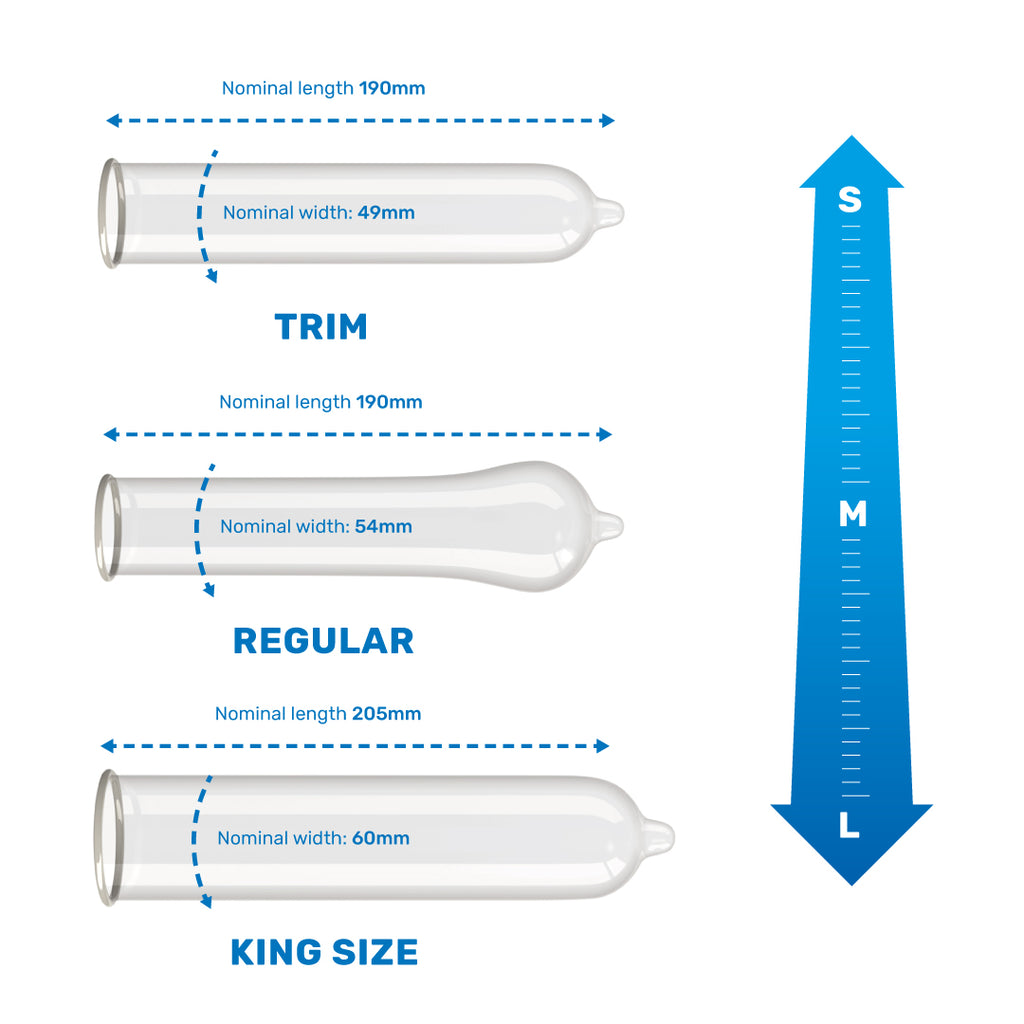
World Health Day: Friday 7th April
World Health Day is celebrated every year on April 7th to raise awareness about health concerns that affect people worldwide. Considering the significant role that sexual health has on our overall health and well-being, it’s important that we continue to protect our own sexual health but also to educate ourselves about the challenges that individuals may face in achieving a healthy and satisfying sex-life. One of the most important aspects of sexual health is the prevention of sexually transmitted infections and HIV, with other key aspects being contraception and sexual dysfunctions.
Therefore, to celebrate World Health Day, we’re exploring three key issues that people face in regards to their sexual health; sexually transmitted infections, contraception, and sexual dysfunction.
Sexually transmitted infections
Sexually transmitted infections are spread through having unprotected sex or any type of sexual activity. This can be through skin-to-skin contact, sharing sex toys or having vaginal, oral, foreplay or anal sex. Symptoms may include: unusual discharge, soreness, lumps, bumps, or sores, pain when passing urine, and a whole host of other symptoms. Although antibiotics effectively treat most cases of sexually transmitted infections, some individuals may present with no symptoms and be unaware they have an infection without undergoing STI testing.
With cases of sexually transmitted infections and HIV continuing to rise every year, it’s important to ensure we are practising safe sex every time we have sexual activity. In order to protect our sexual health and prevent catching sexually transmitted infections, it’s important to use condoms every time we have sex as condoms prevent sexual fluids from being transferred. Having regular sexual health check-ups, including a HIV test, is also important in reducing the risk of transmission as untreated sexually transmitted infections can lead to further health problems affecting not only our sexual health but also other aspects of our physical and psychological health.
This World Health Day, find out more about sexually transmitted infections and how to protect your sexual health by clicking here…
Contraception
Finding adequate contraception can be a challenge for some people as many contraceptives contain hormones, which can cause unwanted side effects. With so many different types of contraceptives available, separating your barrier contraceptives from your long-acting reversible contraceptives (LARC) can be a challenge in itself. Therefore, this World Health Day, we thought we’d break down a few of these contraceptives so you feel a little more confident and prepared when choosing your contraception in order to safeguard yourself and your sexual health. Barrier methods of contraception
A barrier method of contraception includes contraceptives like; condoms, internal condoms, the cap, and the diaphragm. Barrier methods are used every time you have sex, and their job is to stop sperm from coming into contact with the vagina, preventing the risk of pregnancy.
Condoms and internal condoms are types of contraception, known as dual-protection - as they protect against both sexually transmitted infections and pregnancy. Condoms and internal condoms are also non-hormonal, which means no nasty side effects with condoms coming in a wide range of sensations, sizes and flavours. For those with a latex allergy, there is also a non-latex condom available. Being such a versatile type of contraceptive, it’s easy to see why condoms make the perfect contraception for most people.
Long-acting reversible contraceptives (LARC)
A long-acting reversible contraceptive (LARC) is a contraceptive that lasts a long time, usually between 12 weeks and 10 years, and protects you from pregnancy. LARCs either go in your arm or are placed inside the uterus.
The depo and implant are both contraceptives that go in your arm and release the hormone progesterone in order to prevent pregnancy. While the depo is an injection that is given every 12-13 weeks, the implant is a small, flexible rod that is placed under the skin of your arm and lasts for about three years.
An intrauterine device (IUD) and intrauterine system (IUS) are both small, plastic devices that are placed inside of the uterus. The IUD contains copper which stops the sperm from reaching the egg and lasts between 5-10 years (depending on the type of IUD you have) - some people love this type of contraception as it lasts a long time and also contains no hormones. An intrauterine system (IUS) is similar to the IUD, however, it contains the hormone progesterone that gets released inside of the uterus - the IUS usually lasts 3-5 years (depending on the type).
While LARC’s are a good type of contraception for protecting against pregnancy, they do not protect against sexually transmitted infections or HIV - so in order to protect your sexual health, it’s vital you find another type of contraception to use alongside them, like condoms.
Hormonal contraception
There are four types of hormonal contraceptives; the combined pill, the mini pill, the patch, and the vaginal ring. Some LARCS are also known as hormonal contraception, because they contain the hormone progesterone.
The combined pill is usually taken daily for 21 consecutive days, followed by a 7-day break, when your period will begin. The combined pill contains two hormones; oestrogen and progestogen that are released into the bloodstream, making the mucus of the womb thicker and preventing the release of eggs.
Just like the combined pill, the Mini Pill (Progestogen only) is a tablet that is taken daily and thickens the mucus of the womb, making it harder for sperm to reach the egg. While the combined pill is taken for 21 days, followed by a 7 day break - the mini pill is taken every day - without a break.
The patch is a small, sticky patch that is applied to your skin, releasing hormones (oestrogen and progesterone) into the bloodstream. The vaginal ring is a small, flexible ring that is placed inside the vagina for 21 days, before taking a 7 day break.
Just like long-acting reversible contraception, hormonal contraception only protects you against pregnancy, and not sexually transmitted infections - therefore, you will need to use another method of contraception, like condoms to use alongside them.
This World Health Day, why not explore the different range of condoms available - you may just find a new favourite.
Sexual dysfunction
Sexual dysfunction is a range of issues that may occur during sexual activity; from erectile problems, like erectile dysfunction to difficulty having orgasms. Sexual dysfunction can affect our overall health and wellbeing, and may cause emotional distress and relationship problems.
Erectile problems
Erectile problems are very common, affecting most men at some point in their life but can get in the way of having a satisfying and healthy sex-life. There are many different factors that contribute to erectile problems, from physical causes, like health issues or medication to psychological ones, like stress, anxiety or depression. For some people with erectile problems, achieving an erection may be a challenge whereas for others, they may struggle to delay an orgasm. To find out more about erectile problems this World Health Day and what you can do about it; click here
Difficulty having orgasms
Difficulty having orgasms, especially for women, is extremely common - affecting one third of young and middle-aged women and 50% of older women. There are many reasons why women may struggle with having orgasms, from not being sufficiently lubricated, to not being touched in the right way to hormonal problems or medication. Some men may also struggle to orgasm - due to erectile problems, performance anxiety, or medication.
To find out more about difficulty having orgasms and what you can do if you struggle to achieve an orgasms - click here
To celebrate World Health Day - protect your sexual health with 30% off all condoms from 6th - 11th April.





